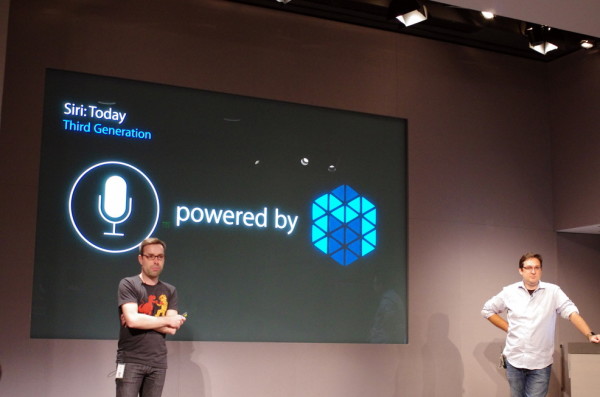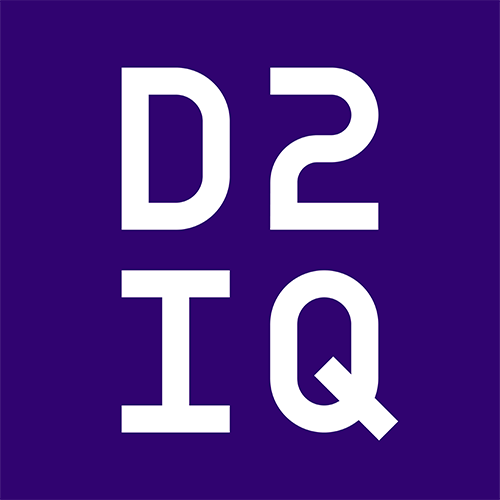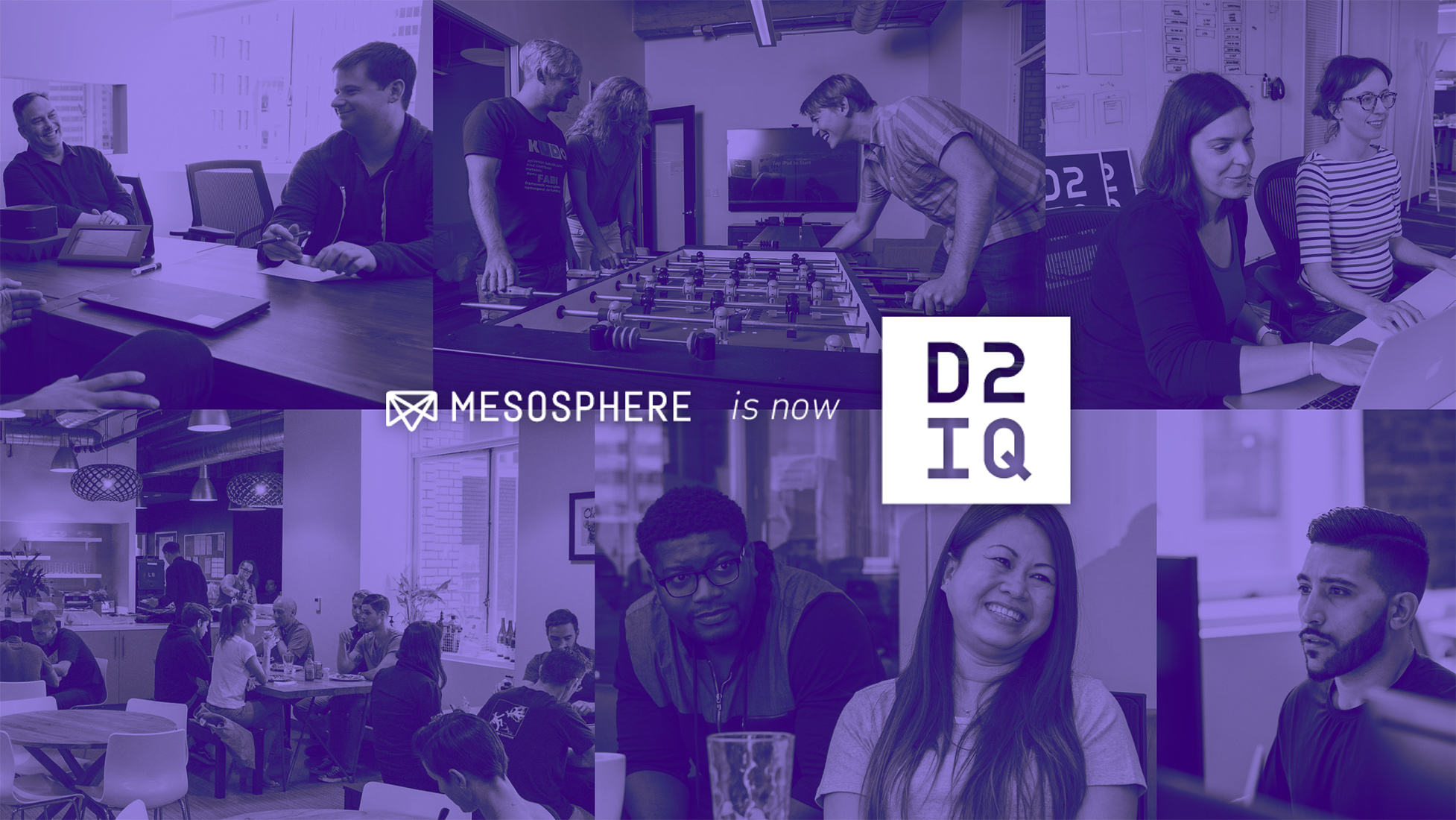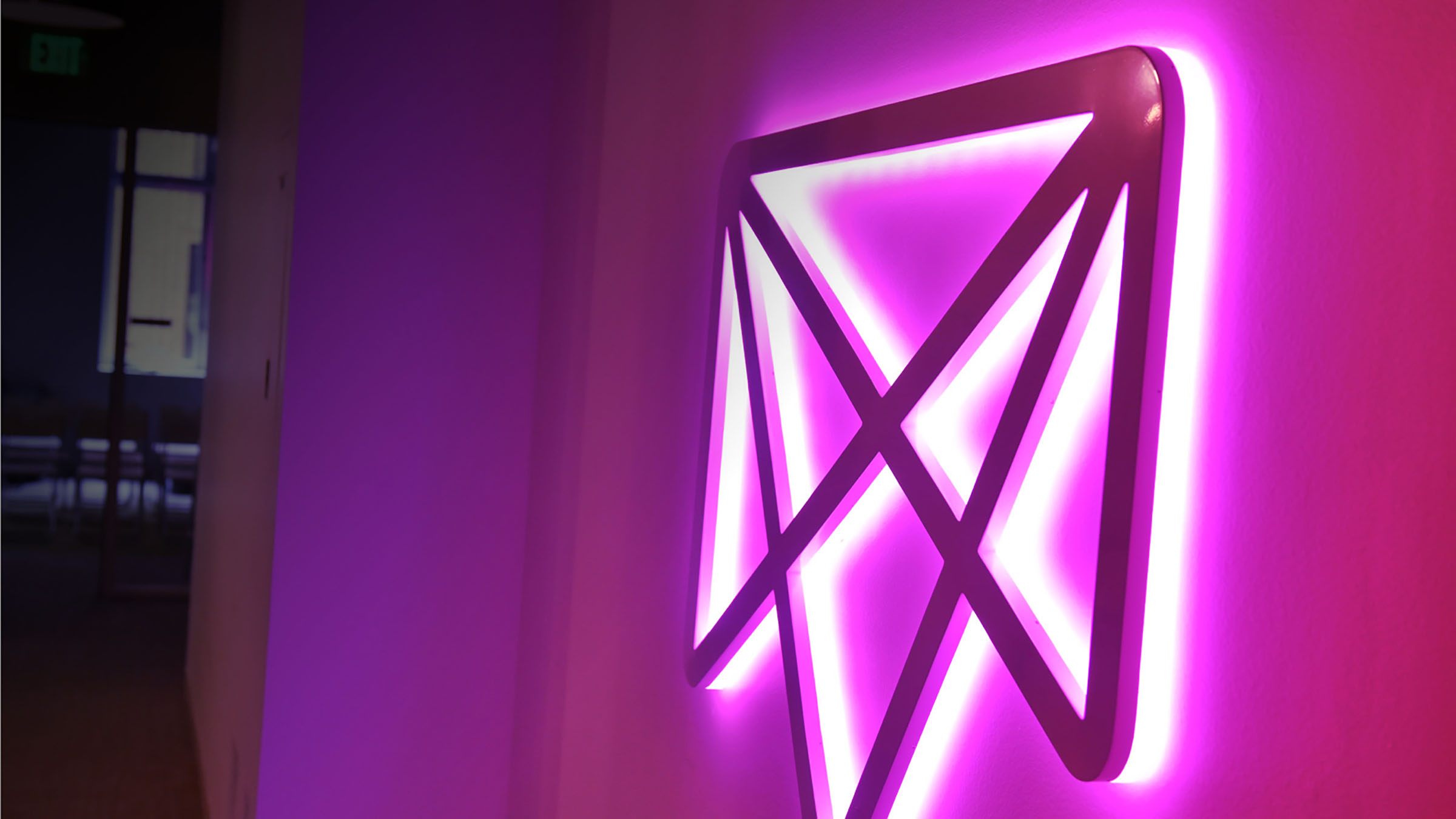
5 min read
- DCOS reaches general availability: We first announced the DCOS in December 2014, and by June 2015 it was production-ready and open to the public. The DCOS takes a kernel of Apache Mesos and builds on it with additional tooling, security, applications, management interfaces and an overall better user experience. We completed our fourth release, DCOS version 1.4, in December.
- Mesosphere announces its Infinity big data pipeline: Mesosphere is not a big data company, but many of the applications our customers want to build will require distributed systems for storing, processing and managing lots of data. When available, Infinity will install a full data-processing pipeline (initially Spark, Kafka and Cassandra) on a shared DCOS cluster with a single command.
- Verizon publicly signs on as DCOS user: Convincing early big-name customers to acknowledge their status is always a challenge for innovative enterprise startups. However, Verizon was proud to announce that it's banking on Mesosphere and the DCOS to build the infrastructure platform that will power Verizon's future applications.
- Microsoft pegs Mesosphere as key partner in building Azure Container Service: Containers took over the IT discussion in 2015, including in the realms of large public cloud providers. And when cloud giant Microsoft decided it was going to launch its own Azure Container Service, it chose Mesosphere as a partner to build it and some core components of our DCOS—Apache Mesos and Marathon—as core components of its new service. That's no coincidence: Mesos and Marathon are already powering large production container environments for major companies, including Samsung, Yelp and Autodesk.

- Key partners bring new capabilities to DCOS: Mesosphere did a lot of work with partners in 2015 in order to ensure a broad range of enterprise-grade capabilities and integrations for DCOS users. Some of the major efforts include work with EMC to attach persistent block storage to Mesos clusters; work with Typesafe to develop a version of Apache Spark customized for the DCOS; work with NVIDIA to bring GPU resource-management to Mesos; and work with other startups, including MemSQL and ArangoDB, to integrate innovative database systems with the DCOS.
- Apache Mesos makes big strides: Every improvement to Apache Mesos is also an improvement to the DCOS, which is why Mesosphere employs a large number of Mesos committers. Some of the major advances to the Apache Mesos project in 2015 are resource oversubscription, per-container network isolation, persistent storage volumes, high availability for application containers, and the addition of an HTTP API for communication between frameworks and the Mesos scheduler.
- Marathon's ever-growing feature set: Marathon, the Mesosphere-maintained open source framework to long-running applications and container orchestration, also received a long list of improvements in 2015. Among them are improved reliability, greater scale and a powerful, yet clean new user interface.
- Mesosphere and Microsoft bring Mesos to Windows: Mesosphere and Microsoft have been working together since before the Azure Container Service partnership, and one of the biggest joint efforts involves porting Apache Mesos and the DCOS to run on the Windows operating system (which still dominates server market share, by the way). The effort was announced in August and an early-access version of Mesos on Windows should be available later in 2016.

- Apple shares its Mesos success story: In April, the world's largest (and seemingly most popular) company, Apple, shared its story of rebuilding the architecture of its Siri personal assistant app around Mesos. Often secretive and reportedly averse to open source software, Apple's public support of Mesos and other open source technologies provided major validation to the community.
- MesosCon 2015 highlights a mature Mesos user base: Apple actually made a surprise appearance at MesosCon in August, as well, but so did a number of other new and notable users—all of which are running Mesos, Marathon and/or other related pieces in production, and many of which have built their own unique tooling. MesosCon presenters included: Netflix, Twitter, Bloomberg, Two Sigma, Orbitz, PayPal, Verizon. HubSpot and more.
- Yelp open sources its PaaS system for containers: Yelp is a serious user of Mesos and Marathon, and in November it open sourced its PaaSTa platform-as-a-service system for deploying and hosting containerized applications. It's designed to run in hybrid cloud environments (Yelp currently deploys both locally and to Amazon Web Services) and presently hosts dozens of production applications and hundreds of applications in total.
- Huawei brings Cloud Foundry to Mesos: 2015 also brought a popular enterprise PaaS system, Cloud Foundry, onto Mesos, thanks to some joint engineering between Huawei and Mesosphere. While the project is still in its early stages, it's another reminder that Mesosphere the Apache Mesos community are committed to giving users choice over how they want to deploy applications.










